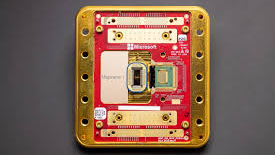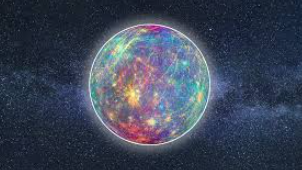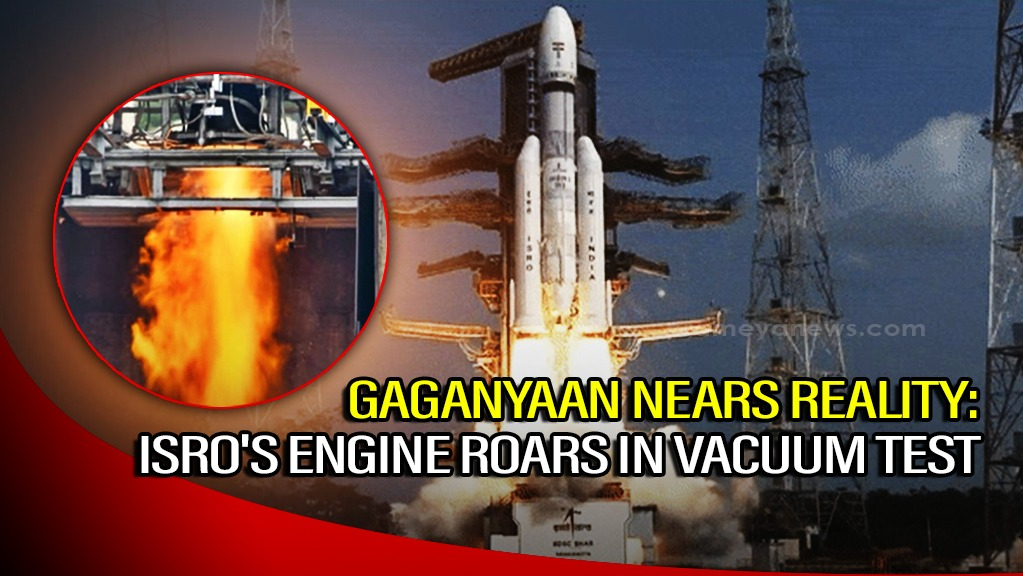Quantum computers are very powerful. They can solve hard problems which are too difficult for normal computers to quantify. Quantum computers use special rules of nature. These rules are called quantum mechanics. Quantum computers can do calculations very fast. And Microsoft just threw its hat in the ring with a major breakthrough: the Majorana 1, a quantum processor unlike any other.
What makes Majorana 1 so special? It all comes down to the tiny particles it uses. While most quantum computers rely on electrons, Microsoft's new chip uses Majorana particles, elusive entities that exist only under very specific conditions. These particles have a unique property: they're incredibly stable, making them ideal for building reliable quantum computers.
Think of it like this: traditional quantum computers are like delicate balancing acts, prone to errors and disruptions. But Majorana 1, with its stable Majorana particles, is like a rock-solid foundation, much less susceptible to those pesky quantum hiccups. This means it can perform calculations more accurately and efficiently, paving the way for quantum computers that can tackle real-world problems.
"Whatever you're doing in the quantum space needs to have a path to a million qubits," says Chetan Nayak, a Microsoft technical fellow. Qubits are the building blocks of quantum computers, and a million qubits is the magic number for unlocking the true potential of this technology. Majorana 1, with its stable foundation, is designed to scale up to a million qubits, a feat that would make it far more powerful than all the world's current computers combined.
While Majorana 1 is a huge leap forward, it's still early days. Microsoft's researchers have been working on this for over 17 years, and there's still a lot of engineering work to be done before we see quantum computers in our homes or offices. But Microsoft is optimistic, claiming that Majorana 1 will help "realize quantum computers capable of solving meaningful, industrial-scale problems in years, not decades."
So, what does this all mean for you and me? Well, for now, quantum computing is still a bit like science fiction. But if Majorana 1 and similar advancements continue, the impact could be profound. Imagine:
- New medicines and treatments: Quantum computers could revolutionize drug discovery by simulating molecules and chemical reactions in ways that are impossible for classical computers.
- A cleaner planet: Quantum computers could help us develop more efficient solar panels, batteries, and carbon capture technologies to combat climate change.
- Smarter AI: Quantum computers could supercharge artificial intelligence, making it more accurate, efficient, and capable of solving complex problems like predicting natural disasters or optimizing traffic flow in real-time.
These are just a few examples of the potential benefits of quantum computing. It's a technology that could reshape our world in ways we can only begin to imagine. And with Microsoft's Majorana 1, we're one step closer to making that dream a reality.
While the future of quantum computing is still uncertain, one thing is clear: it's a field with enormous potential. And as Microsoft, Google, IBM, and other tech giants race to build the first truly practical quantum computer, we can expect to see even more exciting breakthroughs in the years to come. The quantum revolution is just beginning, and it's going to be a wild ride.


















































